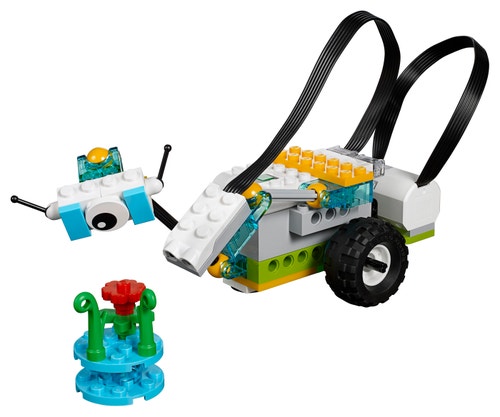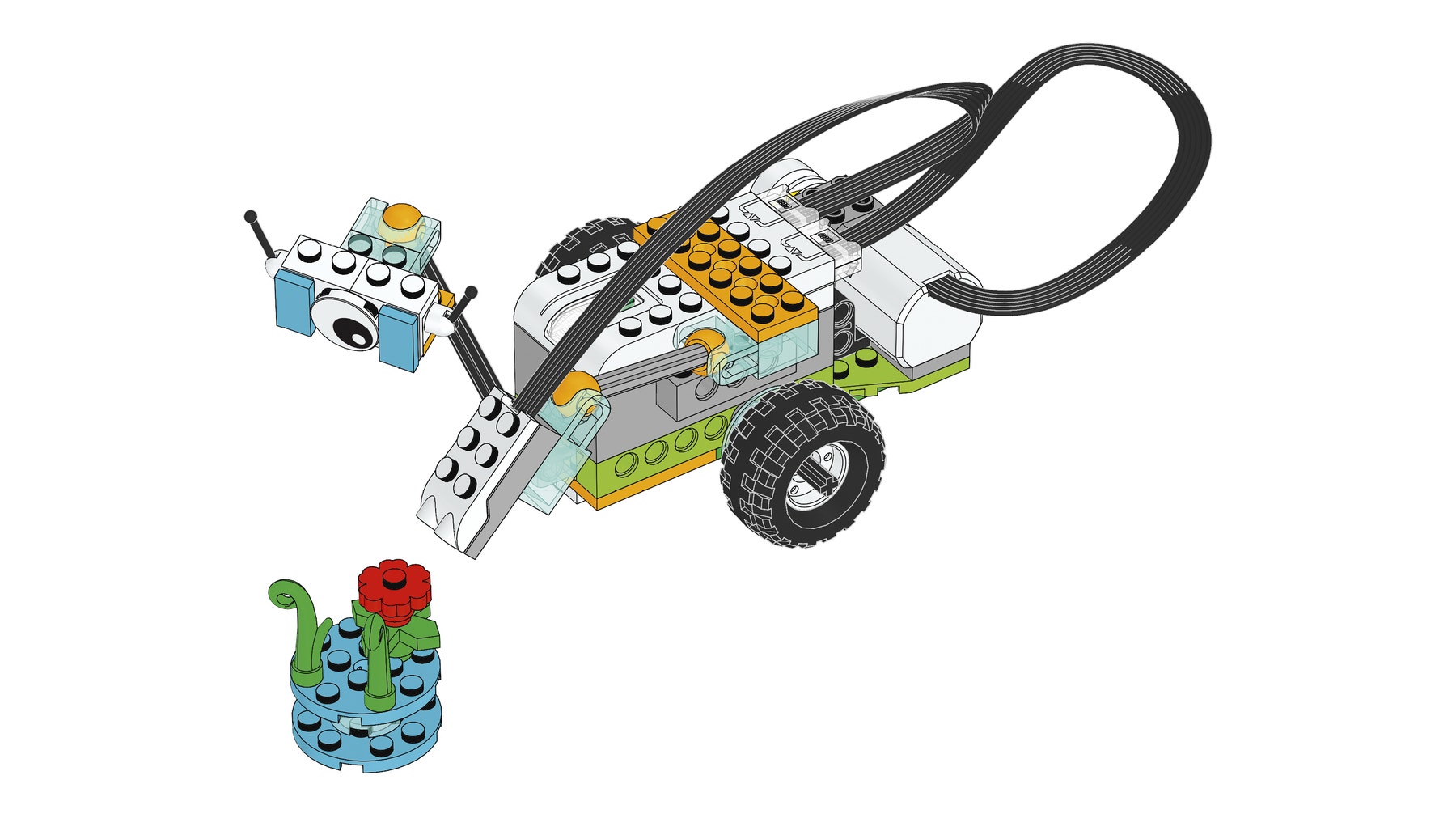Getting Started Project, part B: Milo’s Motion Sensor
Discover how to use the Motion Sensor to detect the presence of a special plant specimen.

1. Preparation
(15-30 minutes)
• Read the general preparation in the “Classroom Management” chapter.
• Read about the project so you have a good idea of what to do.
• Define how you want to introduce this project: Use the video provided in the project in the WeDo 2.0 Software, or use material of your own choice.
• Determine the end result of this project: the parameters to present and produce the document.
• Make sure timing allows for expectations to be met.
Important
It is recommended that you complete the four Getting Started Projects in a single sequence. If not, then it is preferable that you complete these prior to continuing on to other projects in order to provide students ample time to explore the materials.
Approximate timing for the four Getting Started Projects is:
• Part A: Milo, the Science Rover: 40 min.
• Part B: Milo’s Motion Sensor: 15 min.
• Part C: Milo’s Tilt Sensor: 15 min.
• Part D: Collaborate: 15 min.
2. Explore phase
(3 minutes)
Questions for discussion
- How is the use of science instruments important to the task scientists have to do?
When a rover is in a remote place, it needs to have sensors in order to help it make decisions about where to go and where to stop. The rover needs to have sensors so they can achieve a task without constant human control.
3. Create phase
(7 Minutes)
With the provided building instructions, your students will build an arm using the Motion Sensor that will allow Milo to detect the plant sample. They will also build a plant sample on a LEGO® round plate.
The program string provided will make the rover go forward until it detects the presence of this sample object. It will stop and make a sound.
Use this opportunity to have students record their own sound for the discovery.


4. Share phase
(5 minutes)
In this part of the Getting Started Project, ask your students to record a video of their mission. They will practice manipulating the camera and recording themselves, which will be useful in future projects.
Wsparcie dla nauczyciela
Students will:
Create and program Milo’s object-detector arm using the Motion Sensor Input.
Document how Milo has found the special plant specimen.
Materiały dla uczniów
Arkusz dla ucznia
Download, view or share the student worksheet, either as an online HTML page or a printable PDF